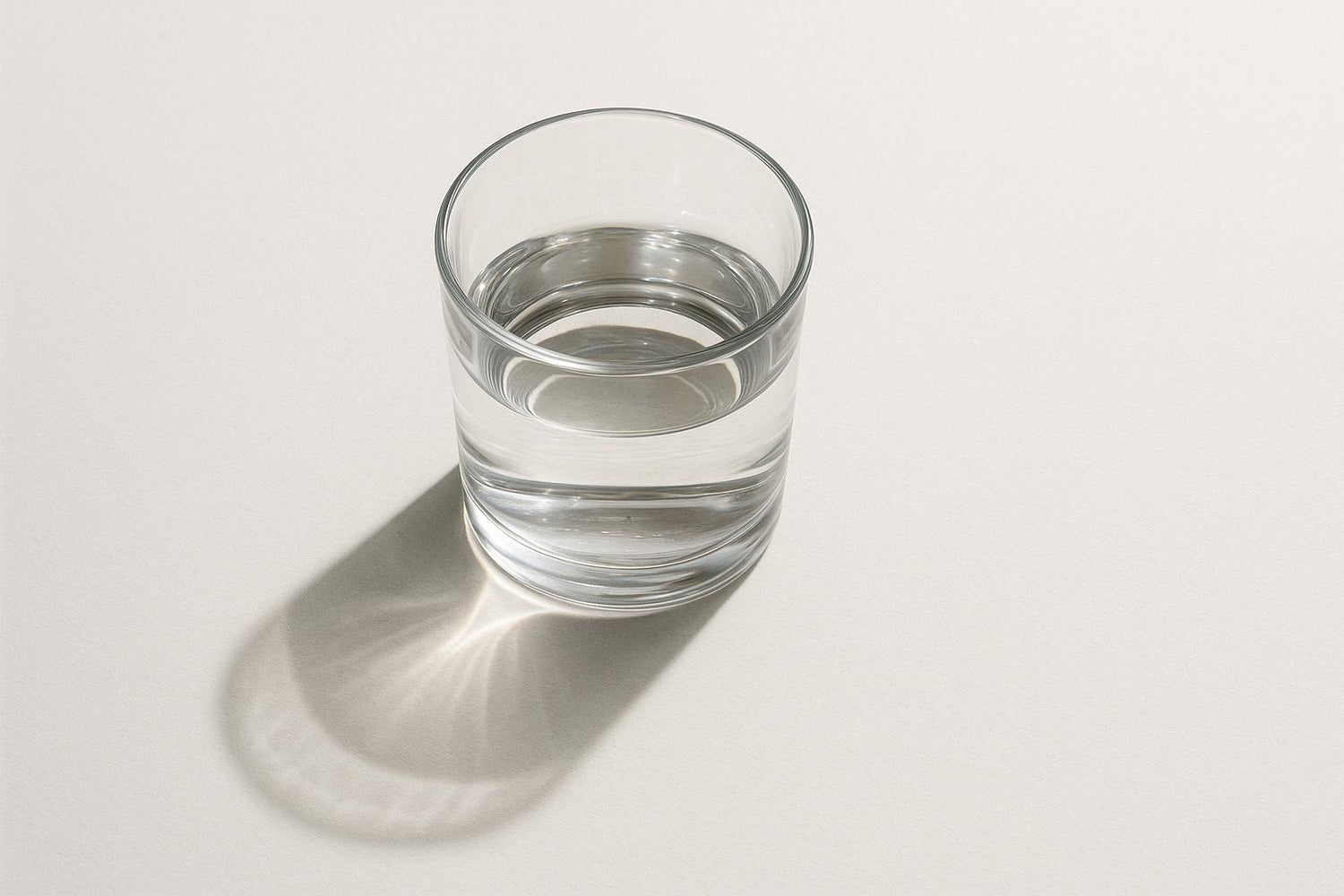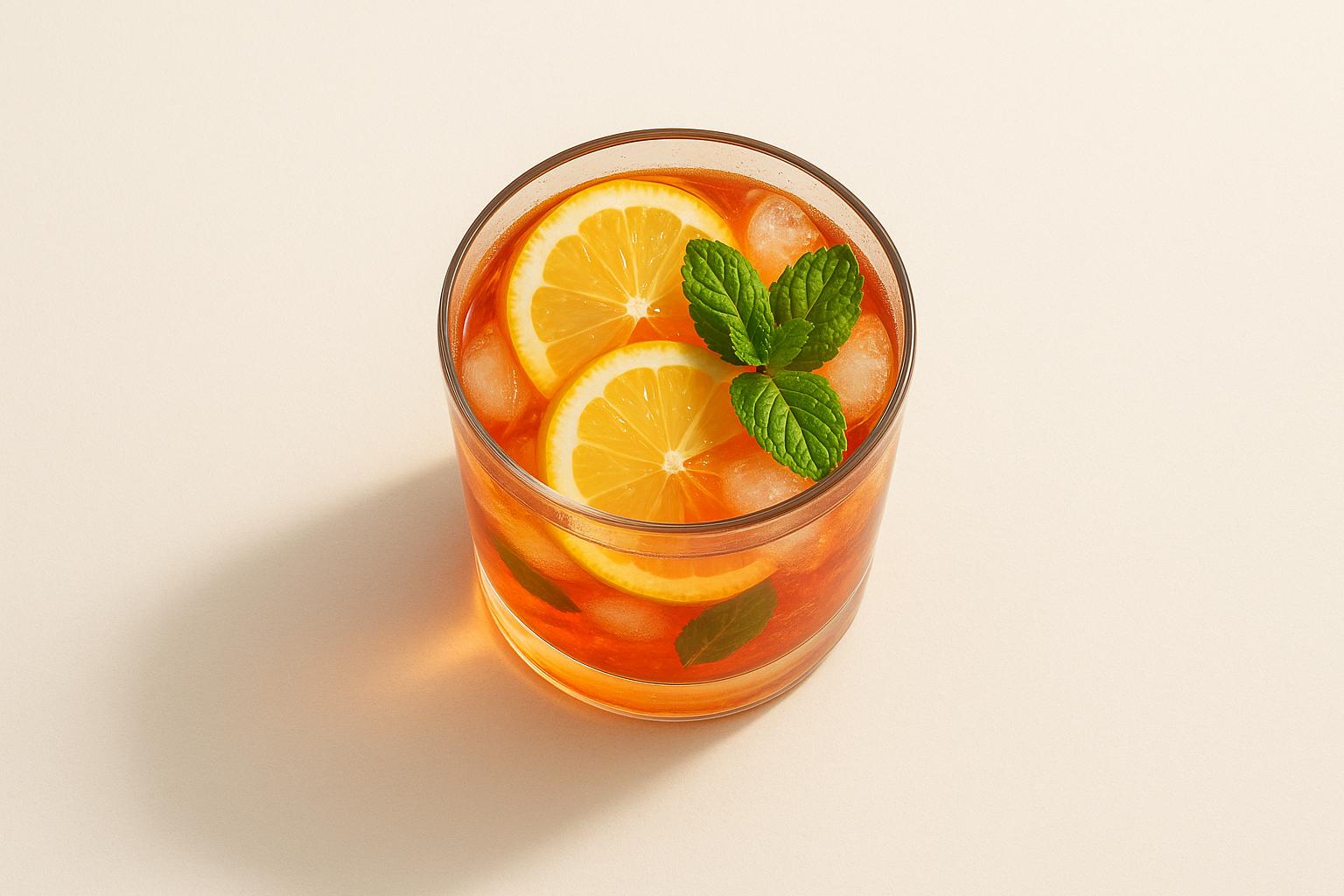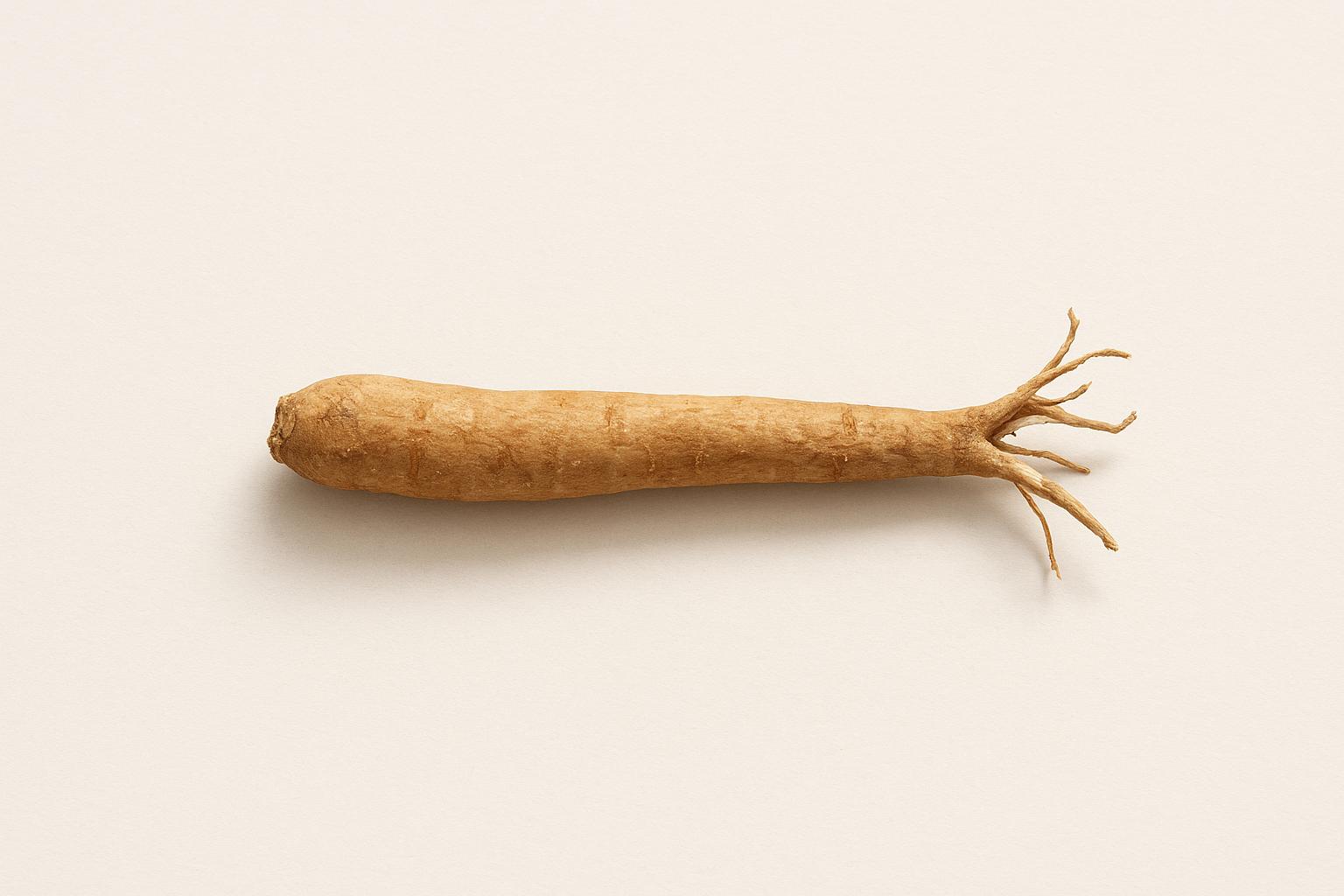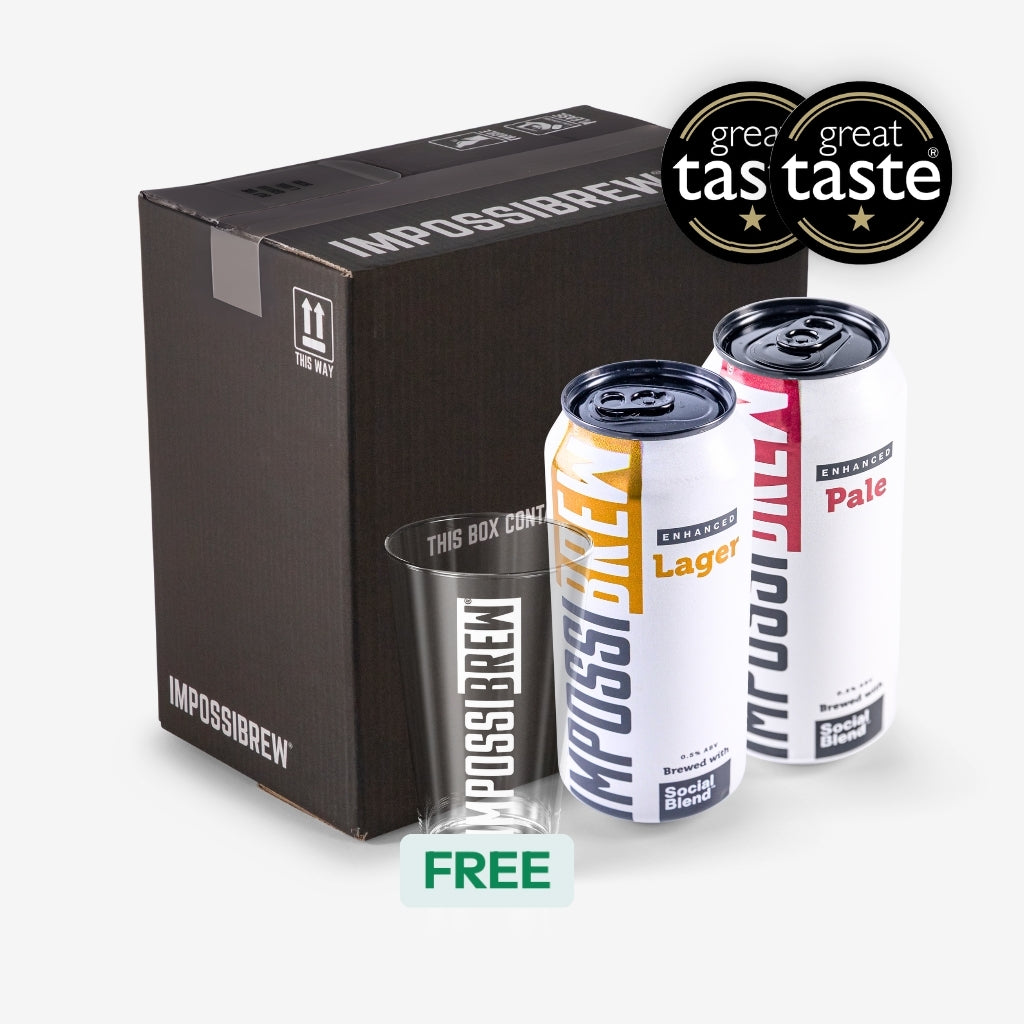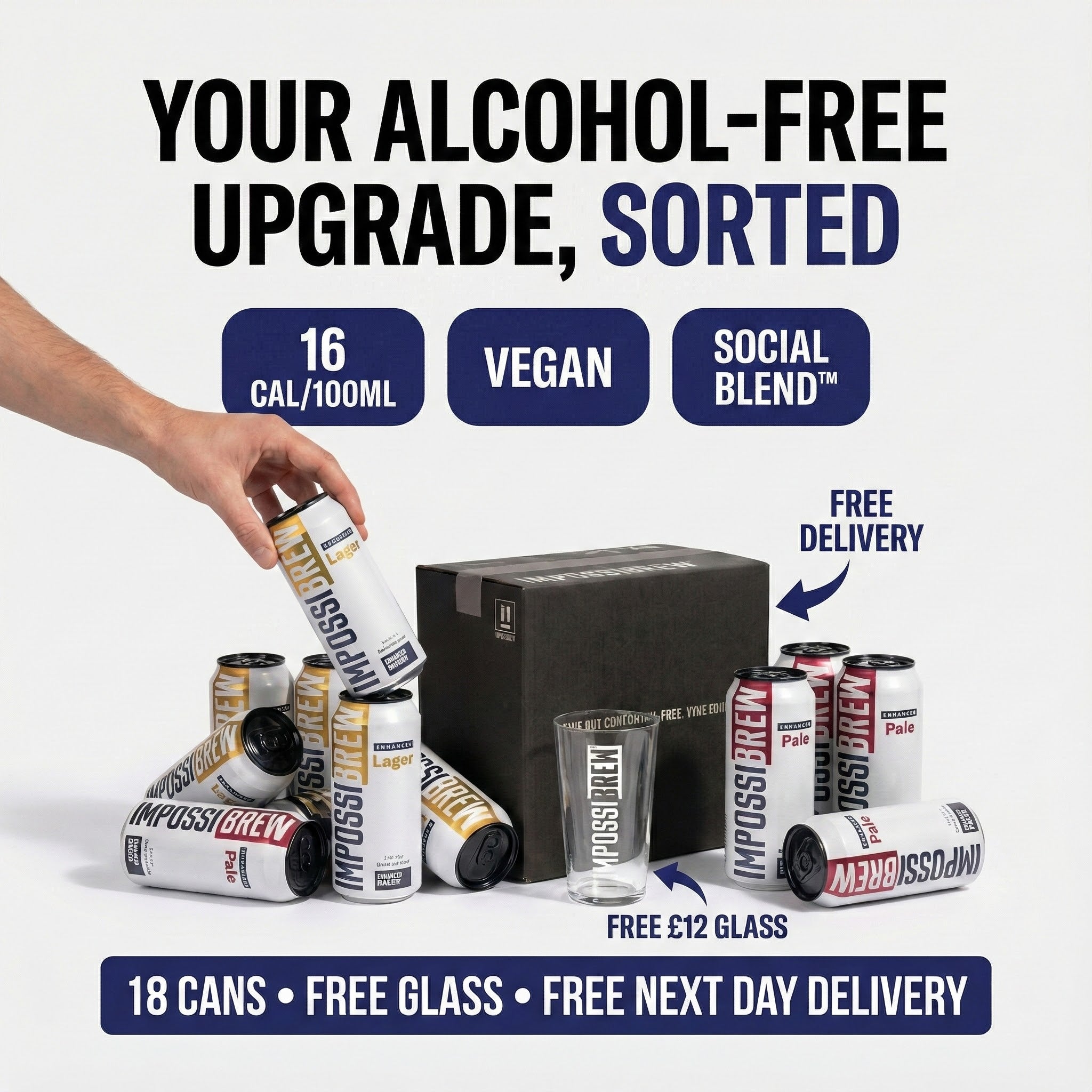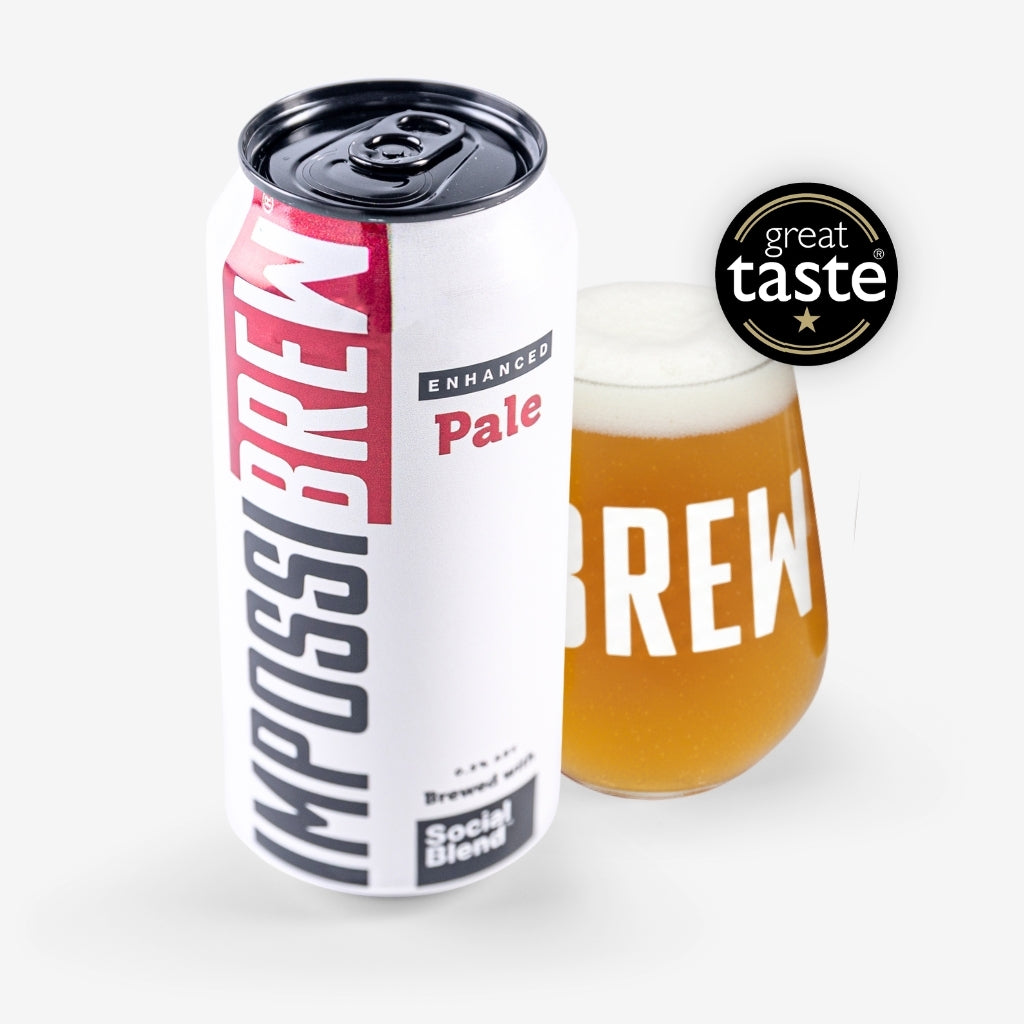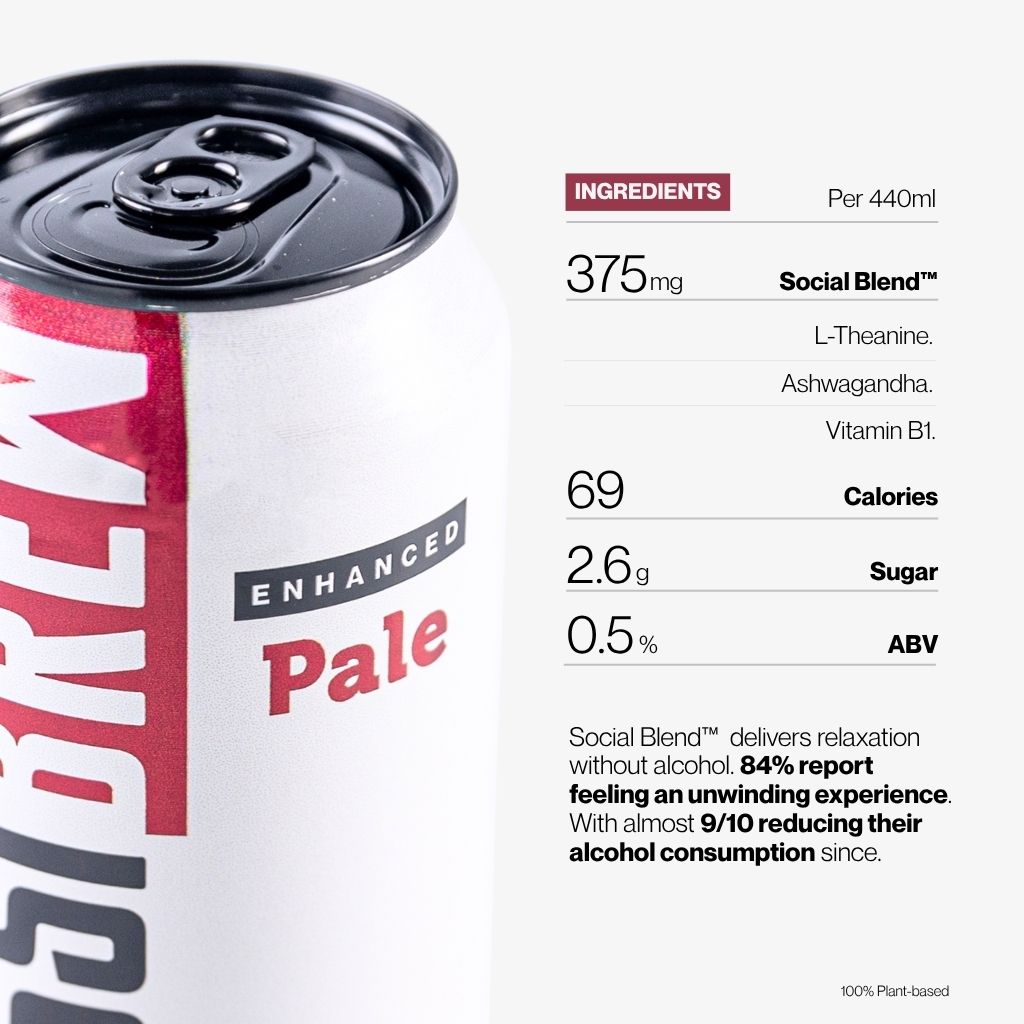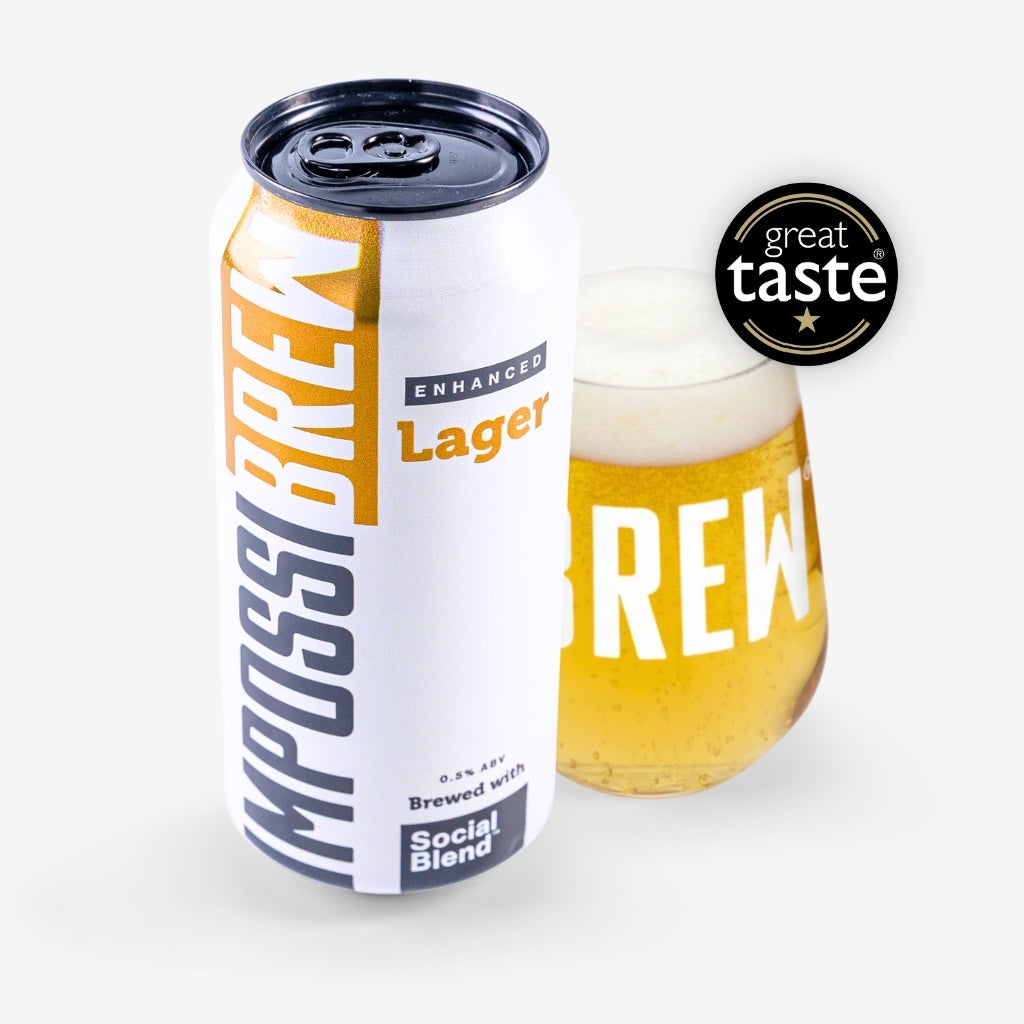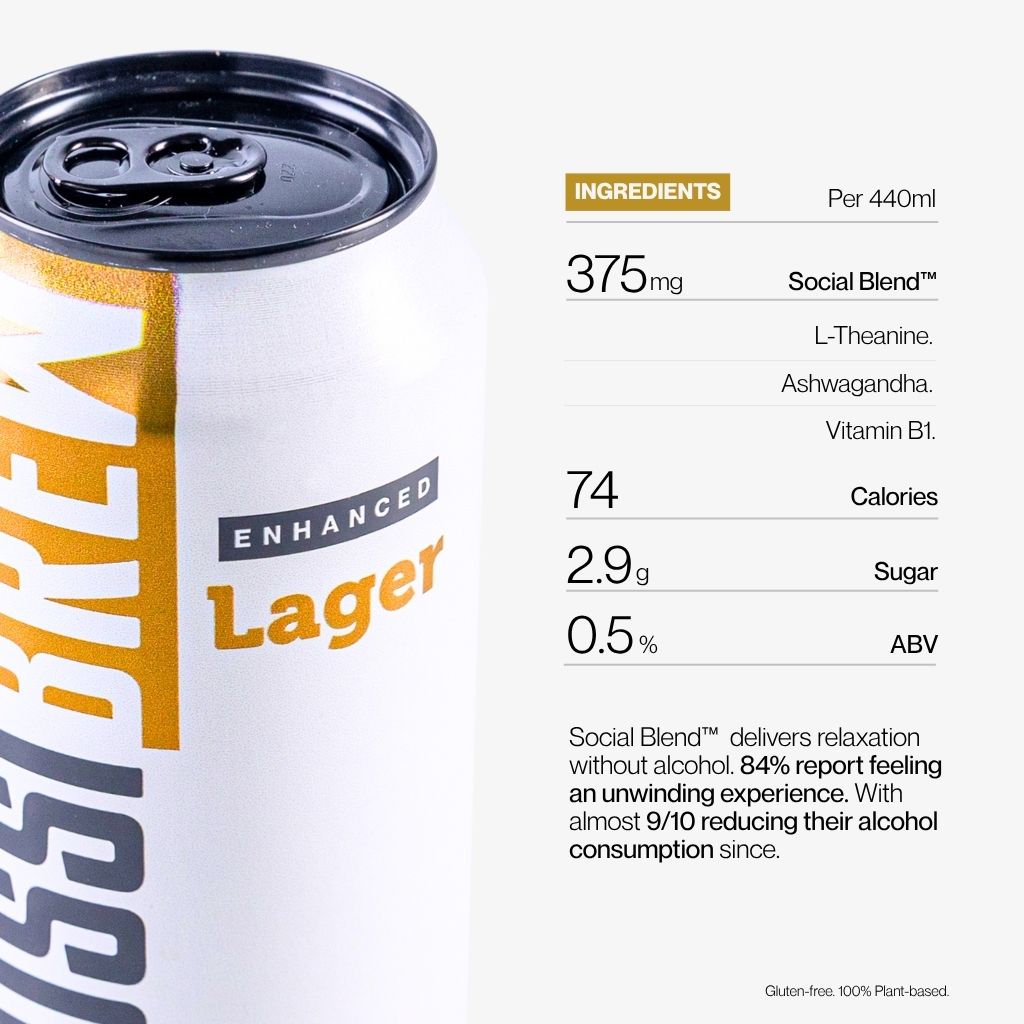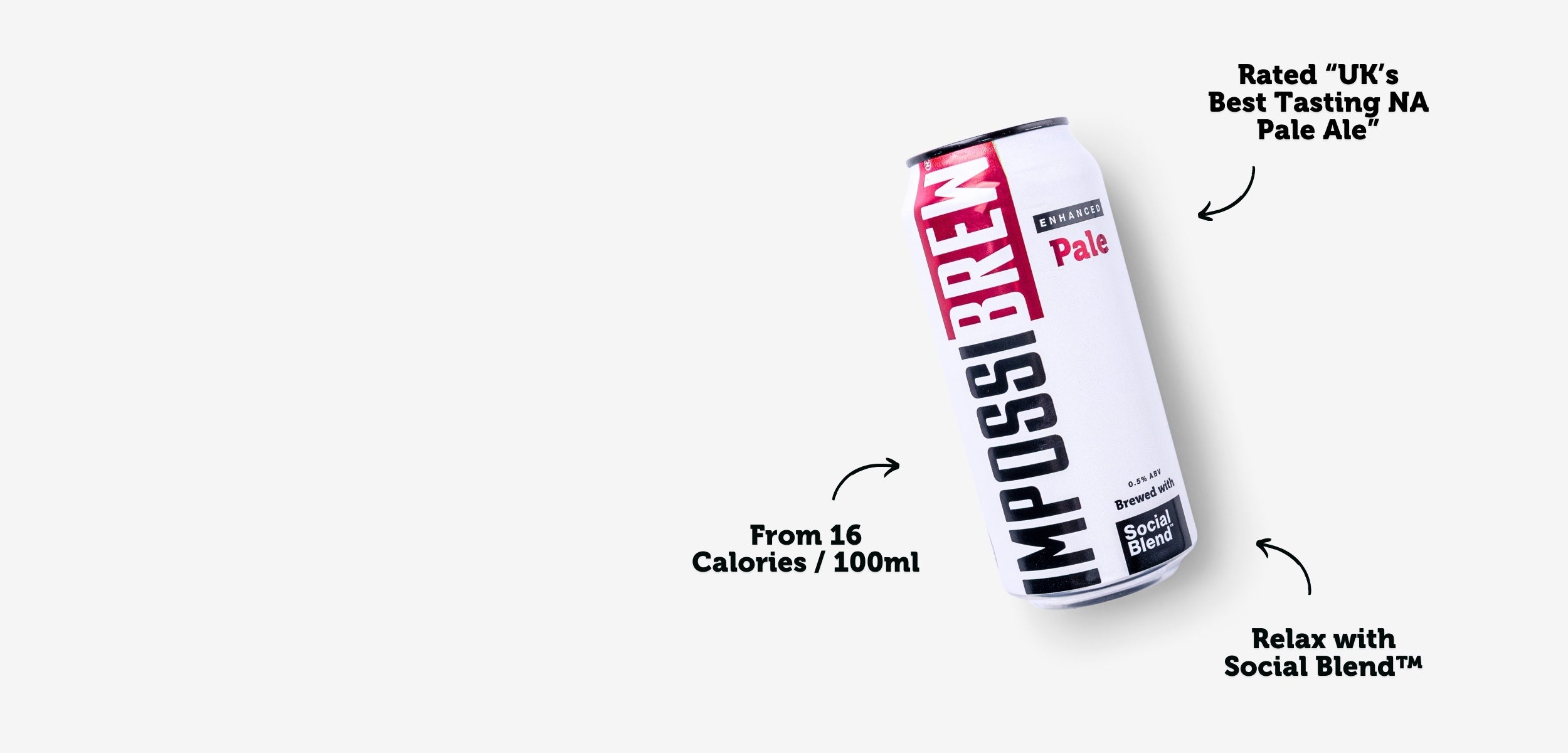The way media portrays alcohol and sobriety has shifted dramatically. For years, alcohol was glamorised - symbolising success, social connection, and fun - while its downsides were rarely shown. Today, media increasingly highlights the benefits of sobriety, driven by growing health awareness and movements like Dry January. Social media has amplified this shift, with hashtags like #SoberCurious promoting alcohol-free lifestyles. Brands like IMPOSSIBREW® are redefining social drinking by offering alternatives that replicate the experience without the negatives. This change reflects broader societal trends prioritising wellness over tradition.
Instagram Versus Reality- Sobriety And Recovery Edition: Ray Explores Perceptions Of Sobriety
How Media Has Historically Portrayed Alcohol
For years, the UK media has painted alcohol as a hallmark of success, sophistication, and social connection. Through clever advertising, gendered marketing, and entertainment, this portrayal has deeply influenced public attitudes. Let’s take a closer look at three key ways this narrative has been reinforced.
Alcohol as a Status Symbol in Advertising
Advertising in the UK has long positioned alcohol as more than just a drink - it's a lifestyle. Campaigns for premium spirits and champagne often feature scenes of exclusivity: high-end bars, glamorous parties, or elite gatherings. The message is clear - drinking these beverages isn’t just about taste; it’s about embodying "the good life" [2][3].
Celebrity endorsements amplify this image. When famous actors, musicians, or athletes are seen sipping branded drinks in adverts or publicised events, it lends a sense of credibility and allure to the product [2][4][5]. This connection between alcohol and luxury lifestyles has become deeply ingrained, setting the stage for gender-specific marketing.
Gender Stereotypes in Alcohol Marketing
Alcohol marketing doesn’t just sell a product - it sells roles. For men, adverts often link drinking with traits like strength, camaraderie, and masculinity. Think of Guinness campaigns with slogans like "Guinness is Good for You", paired with visuals of men bonding in pubs or at sporting events. These ads celebrate the idea of male companionship and resilience [3][5].
For women, the narrative shifts. Alcohol is often marketed as a symbol of glamour, sophistication, or even rebellion. In the late 1990s and early 2000s, alcopops targeted young women with bright colours and playful messaging, while champagne and gin ads leaned into elegance and luxury. Pop culture reinforced these ideas - shows like Sex and the City turned cocktails like the Cosmopolitan into symbols of empowerment and modern independence [9].
Making Alcohol Normal in Entertainment
Entertainment has played a crucial role in embedding alcohol into everyday UK culture. Soap operas such as EastEnders and Coronation Street frequently feature pub scenes, portraying drinking as a natural part of community life [3][4][5][8].
The numbers back this up: 39% of drink screen time in soap operas involves alcohol, with sitcoms at 25% and dramas at 34%. A study of almost 3,000 minutes of UK television found that alcohol appeared in over a third of all drink scenes [9]. What’s more, many of these scenes are light-hearted - over a third are comedic, while fewer than a quarter show any negative consequences [7].
Beyond soaps, films and celebrity culture also reinforce this normalisation. Characters in movies, celebrity magazines, and reality TV often enjoy drinks at parties, dinners, or even just after work. Shows like Big Brother in the 2000s went a step further, openly encouraging heavy drinking among contestants, which was broadcast to millions [9].
Alcohol’s presence in media extends beyond entertainment into national identity. Advertisers frequently tie drinking to quintessentially British moments - football matches, royal events, or pub culture. It’s also portrayed as a way to cope with stress or emotional struggles, further embedding it into everyday life [9][7].
While public health campaigns and shifting attitudes are beginning to challenge these portrayals, the media’s long-standing glamorisation of alcohol still holds significant sway over how it’s perceived today.
The Shift: Rise of Sobriety and Alcohol-Free Living
The media landscape has taken a noticeable turn, moving away from glorifying alcohol to embracing sobriety, wellness, and alcohol-free living as desirable lifestyle choices.
Sober-Curious Movements in Media
The sober-curious movement has reshaped how society talks about alcohol. It's not just about giving up drinking entirely; it's about rethinking our relationship with alcohol and exploring other options. A perfect example is Dry January. In 2023, Alcohol Change UK revealed that over 4 million people in the UK took part in Dry January, a slight rise from 3.9 million in 2022 [5]. Participants have shared their journeys widely on social media and in mainstream media, making alcohol-free living feel more normal and accessible. Publications like The Guardian, BBC, and Channel 4 have featured stories, documentaries, and practical tips about the sober-curious lifestyle. Influencers on platforms like Instagram, TikTok, and Facebook have amplified this message with hashtags such as #SoberCurious and #AlcoholFree, helping to promote these lifestyle choices. Interestingly, while about 40% of social media profiles touch on substance misuse, a growing counter-movement is actively championing alcohol-free living [5]. Media coverage is also increasingly highlighting authentic recovery stories, adding depth to the conversation.
Media Shows Addiction Recovery and Sobriety
Gone are the days when addiction stories in the media leaned heavily on sensationalism or stigma. Modern narratives now focus on empowerment, recovery, and the strength found in support systems. They celebrate milestones of sobriety and shine a light on the clear benefits - better sleep, improved mental health, and healthier relationships. These stories are helping to normalise recovery and show that sobriety is not just a struggle but a path to a better life.
Public Attitudes Towards Alcohol Are Changing
These media trends reflect broader societal changes in the UK. The conversation has shifted towards health, wellness, and self-care, with sobriety being seen as a smart, proactive lifestyle choice. Data from NHS Digital shows a steady decline in regular drinking among 16- to 24-year-olds, with many identifying as non-drinkers or cutting back for health reasons [5]. The push for overall wellbeing now includes discussions about mindfulness, mental health, and fitness, all of which increasingly highlight the advantages of reducing or avoiding alcohol. Sobriety is no longer framed as a sacrifice but as a step towards personal growth and self-improvement.
Brands like IMPOSSIBREW® are riding this wave by blending social rituals with health-conscious choices. Since its launch in 2021, IMPOSSIBREW® has sold over 1 million units and become the most followed No/Low Alcohol brand on TikTok globally [1]. Their unique Social Blend™ technology, developed in collaboration with Dr. Paul Chazot from Durham University, uses ingredients like L-Theanine and Ashwagandha to recreate the relaxing effects of drinking - minus the downsides. According to media reports, 88% of IMPOSSIBREW® customers have cut back on alcohol, and 70% say they feel relaxed after trying the product [1]. These alcohol-free alternatives are being positioned not as compromises but as superior options for those who value health and control.
"This isn't about removing alcohol. This is about something better."
– IMPOSSIBREW® Philosophy [1]
The shift is undeniable. What used to feel like a social faux pas - declining a drink - is now increasingly seen as a mark of sophistication, self-awareness, and dedication to wellbeing. Media coverage has played a vital role in this transformation, helping to bring sobriety into the mainstream spotlight.
sbb-itb-a752bf8
Marketing Alcohol-Free Lifestyles
The alcohol-free market has evolved, positioning its beverages as more than just alternatives - they're now lifestyle choices. Through polished campaigns, these brands highlight themes like wellness, authenticity, and social connection.
How to Market Alcohol-Free Products
Today's alcohol-free brands are masters of digital marketing, crafting campaigns that resonate with health-conscious audiences. Unlike traditional alcohol ads that often lean on glamour or escapism, these brands prioritise themes like mental health, inclusivity, and overall wellness [2][3]. A key tactic is partnering with influencers - sober advocates, wellness enthusiasts, and even celebrities - who share personal stories about their alcohol-free journeys. Through blogs, videos, and social media posts, these stories create a relatable narrative that appeals to diverse audiences.
Another strategy involves addressing misconceptions about alcohol-free options. By showcasing taste innovations and premium ingredients, brands aim to shift perceptions. Blind taste tests, customer reviews, and industry awards help reinforce their credibility. Benefits like better sleep, no hangovers, and improved mental clarity are highlighted to attract consumers. These efforts seamlessly tie into the growing influence of social media in shaping sobriety trends.
Social Media's Impact on Sobriety Trends
Social media platforms like Instagram, TikTok, and Facebook have become central to the rise of sobriety movements in the UK [5]. Hashtags such as #SoberCurious and #AlcoholFree have fostered virtual communities where people can explore alcohol-free lifestyles without fear of judgement. Campaigns like Dry January and Sober October have gained momentum, largely thanks to the visibility and collective participation encouraged by social media.
The results are clear. In 2021, the UK's no- and low-alcohol drinks market saw over 30% growth, with sales surpassing £200 million. User-generated content plays a significant role in this success. When individuals share their personal experiences with alcohol-free products or their sobriety journeys, these authentic stories often resonate more deeply than traditional advertising.
Case Study: IMPOSSIBREW® and Enhanced Alcohol-Free Beverages
IMPOSSIBREW® exemplifies the new wave of alcohol-free brands excelling in digital marketing and community engagement. Since its launch in 2021, the company has become the most-followed No/Low Alcohol brand on TikTok worldwide [1]. Their unique approach focuses on what their products offer, rather than what they lack, thanks to their proprietary Social Blend™. This scientifically developed formula replicates the relaxing effects of drinking - minus the drawbacks.
The brand's marketing strategy blends storytelling with functional benefits. By leveraging user-generated content and testimonials, IMPOSSIBREW® builds trust and reinforces its position in the alcohol-free movement. Their success highlights a shift in marketing: it's no longer just about selling a product - it's about creating a lifestyle.
This approach reflects changing consumer priorities. People are increasingly drawn to brands that align with their personal values and support their goals. IMPOSSIBREW®'s focus on enhancing experiences rather than emphasising restrictions shows how alcohol-free products can thrive in a competitive beverage market.
Side-by-Side: Alcohol vs Sobriety in Media
The way media portrays alcohol compared to sobriety shows a noticeable shift in messaging. Once, alcohol was the star of the show, depicted as the ultimate social glue. Now, sobriety is stepping into the spotlight, celebrated as a mindful and empowering lifestyle choice.
Traditional alcohol advertising leaned heavily on glamorous imagery - picture stylish people in upscale settings, toasting with champagne or enjoying a perfectly poured pint. These ads painted alcohol as synonymous with success and relaxation. Yet, this narrative often ignored the realities, such as the fact that 71% of prime-time TV shows feature alcohol use, while fewer than a quarter address its negative consequences [5]. This focus on the allure of drinking masked the potential downsides, keeping the conversation one-sided.
On the other hand, sobriety narratives highlight the benefits often overlooked by traditional alcohol marketing. Improved sleep, mental clarity, and better physical health take centre stage, offering a stark contrast to the escapism often associated with alcohol.
Social media further amplifies this shift. While 40% of social media profiles still reference substance misuse or inappropriate use [5], platforms like TikTok and Instagram are now home to vibrant sobriety communities. Hashtags like #SoberCurious and #AlcoholFree bring together individuals discussing wellness, personal growth, and the perks of alcohol-free living - topics that rarely appeared in traditional alcohol campaigns.
Comparison Table: Alcohol vs Sobriety in Media
| Aspect | Traditional Alcohol Portrayal | Modern Sobriety Narrative |
|---|---|---|
| Media Representation | Glamorous, essential for fun | Empowering, health-focused lifestyle choice |
| Social Impact | Normalises drinking, creates peer pressure | Reduces stigma, encourages inclusivity |
| Health Messaging | Ignores risks like addiction or health issues | Highlights benefits like better sleep and clarity |
| Target Audience | Appeals to status-driven consumers | Attracts wellness-focused individuals |
| Cultural Positioning | Drinking tied to social success | Sobriety framed as intentional, sophisticated living |
| Consequences Shown | Rarely shows hangovers or health impacts | Openly discusses recovery and personal growth |
This shift becomes even more striking when you consider the numbers. Traditional alcohol marketing commands over £1 billion annually [3], yet alcohol-free brands are carving out their space by offering a social experience without the drawbacks.
Sobriety messaging flips the script. Rather than presenting alcohol-free living as a sacrifice, it’s framed as an upgrade - an opportunity for better health, deeper connections, and intentional living. This evolving narrative resonates with UK audiences, reshaping perceptions of what it means to enjoy life without alcohol.
The contrast is stark: traditional alcohol media promised glamour and escape while downplaying the costs, but today’s sobriety narratives prioritise transparency, wellness, and genuine social bonds. It’s a redefinition that’s changing the conversation - one empowering message at a time.
Conclusion: A Changing Story
Looking at the evolution of media narratives, it's clear that the conversation around alcohol and sobriety has undergone a major transformation. Where traditional media once glorified alcohol with glamorous, one-sided portrayals [5], today’s media increasingly highlights themes of wellness, mental clarity, and mindful living.
This shift mirrors broader changes in how UK society views health and social interaction. The old narrative, which tied alcohol to success and sophistication - often backed by hefty advertising budgets [3] - is being replaced with stories that celebrate sobriety as a refined and empowering choice. Media outlets now focus on addiction recovery stories, the rise of the sober-curious movement, and the tangible benefits of an alcohol-free lifestyle, such as better sleep and improved mental health.
It’s not just about changing attitudes; it’s about reimagining social connection. Instead of accepting that socialising comes with compromises or negative side effects, modern narratives suggest that we can enjoy meaningful social experiences while prioritising our health. This evolution paves the way for the insights below.
Key Takeaways
The shift in media from promoting alcohol to embracing sobriety underscores several important points. Traditional alcohol marketing normalised overconsumption while rarely addressing its downsides. In contrast, today’s pro-sobriety messaging destigmatises alcohol-free choices and frames sobriety as a gain, not a loss.
Social media has amplified this change, with hashtags like #SoberCurious creating supportive communities focused on wellness and self-improvement. Movements like Dry January and the growing popularity of non-alcoholic drinks show that these media narratives are driving real behaviour shifts [6]. People are increasingly seeking options that align with their health-focused lifestyles, moving away from the all-or-nothing mindset of the past.
The Role of Products Like IMPOSSIBREW®
Amid this cultural shift, IMPOSSIBREW® stands out by offering more than just a product - it embodies the modern ethos of intentional living. With its enhanced non-alcoholic beers and proprietary Social Blend™, IMPOSSIBREW® preserves the social and sensory joys of drinking.
The results speak for themselves: 88% of users report drinking less alcohol, and 84% say they feel more relaxed [1]. By offering low-calorie, vegan-friendly, and gluten-free options, the brand aligns perfectly with the health-conscious values shaping today’s sobriety movement. With over 1 million products sold and 100,000+ satisfied customers [1], IMPOSSIBREW® proves that consumers are eager for alternatives that deliver on taste and social enjoyment without compromise.
This isn’t just about innovation - it’s about cultural transformation. When 95% of customers recommend IMPOSSIBREW® to a friend [1], they’re sharing more than a drink; they’re spreading a new vision of social drinking. They’re contributing to a media landscape that celebrates alcohol-free choices, prioritises wellness over tradition, and redefines social connection without sacrifice.
The evolving story of alcohol and sobriety in media reflects a collective move towards more mindful living. Brands like IMPOSSIBREW® don’t just provide alternatives - they champion this shift, proving that we can hold onto the social rituals we cherish while embracing the health benefits we deserve. This changing narrative encourages us to see social connection as a way to enjoy life while prioritising well-being.
FAQs
How has the media's view of alcohol evolved, and what has driven the recent focus on sobriety?
Over time, the media's portrayal of alcohol has undergone a significant transformation. Once celebrated as a marker of glamour and social prestige, alcohol was often depicted in films, adverts, and celebrity culture as the go-to for celebrations and social bonding. But with increasing awareness of the health risks associated with drinking and the growing popularity of wellness trends, this narrative has shifted.
Nowadays, there's a stronger focus on the perks of cutting back on alcohol. From better mental and physical health to improved sleep and heightened productivity, the benefits of drinking less are taking centre stage. Adding to this shift is the rise of inventive non-alcoholic alternatives, such as IMPOSSIBREW®, which make it easier to enjoy social gatherings without the drawbacks of traditional alcohol. This change mirrors a wider movement towards more mindful and health-conscious lifestyles.
How do social media and initiatives like 'Dry January' encourage sobriety and alcohol-free living?
Social media platforms like Instagram and TikTok, along with movements like Dry January, have made sobriety and alcohol-free living more mainstream. These platforms are brimming with communities that share personal experiences, practical advice, and alternatives to alcoholic drinks. This creates a welcoming space for anyone considering cutting back or quitting alcohol altogether.
Campaigns like Dry January offer a structured way for people to try living without alcohol. They’re often supported by resources and initiatives that encourage a shift in perspective - moving away from seeing alcohol as a social staple to recognising the perks of sobriety or mindful drinking. These benefits can include better health, sharper focus, and an overall boost in wellbeing.
How are brands like IMPOSSIBREW® reshaping attitudes towards alcohol-free living, and what unique benefits do their products offer?
Brands like IMPOSSIBREW® are reshaping the way we think about alcohol-free living by offering non-alcoholic beers that don't just taste great but also mimic the relaxing effects of traditional alcoholic drinks - minus the downsides. Their Social Blend™, made with carefully chosen, science-backed ingredients, creates a drinking experience that feels just as enjoyable and sociable as having a regular pint, without the compromises.
The IMPOSSIBREW® line-up features favourites like Enhanced Lager, Enhanced Pale Ale, and limited seasonal editions. These beers are crafted to suit various lifestyles: they’re low in calories, vegan-friendly, and include gluten-free options. It’s all about encouraging a healthier, more thoughtful way to enjoy your drink while still being part of the moment.

